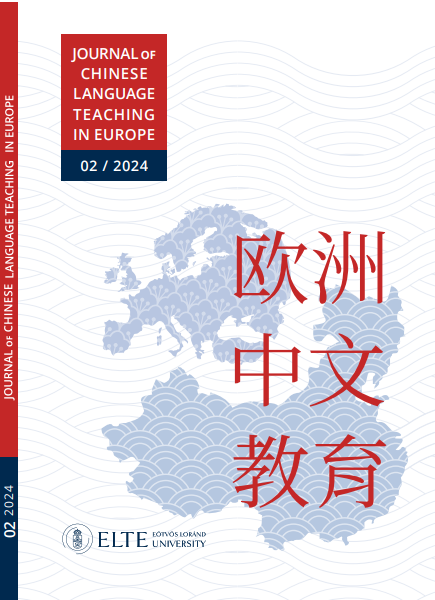Factors Influencing Chinese Learners’ Satisfaction with Online Classes: Insights from Confucius Institutes in Hungary
DOI:
https://doi.org/10.61637/cltcee.2024.2.4Keywords:
COVID-19, Chinese as a Foreign Language, online learning, factorsAbstract
This quantitative study investigates the factors that influence Chinese as a Foreign Language (CFL) learners’ satisfaction with online learning in the context of Hungarian Confucius Institutes. The COVID-19 pandemic forced a rapid shift to online instruction, and while the acute phase of the pandemic has subsided, its impact on education remains significant. This study explores learners’ preferences and satisfaction with online learning in the post-pandemic era. A questionnaire was administered to 241 CFL learners
across five Confucius Institutes in Hungary, and in-depth interviews were conducted with two learners to provide contextual insights. An exploratory factor analysis and a scale reliability analysis were performed to examine the underlying structure and reliability of the questionnaire data. Five key factors influencing learner satisfaction were identified: engagement and interaction, technical issues, preferences for learning methods, teaching methods and course design, and assessment and feedback. Learners expressed a strong preference for face-to-face learning, citing concerns about engagement, interaction, and motivation in online environments. Technical challenges and the user interface of the online learning platform were also areas of concern. However,
learners expressed satisfaction with teachers’ performance and responsiveness in online classes.
Downloads
Published
Issue
Section
License

This work is licensed under a Creative Commons Attribution-NonCommercial 4.0 International License.

